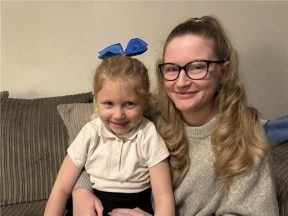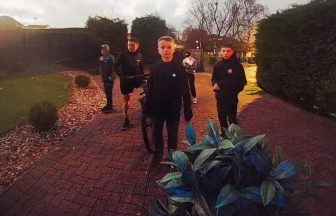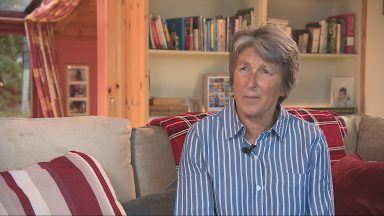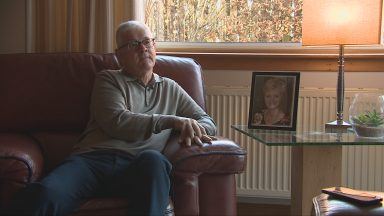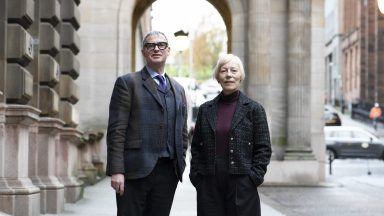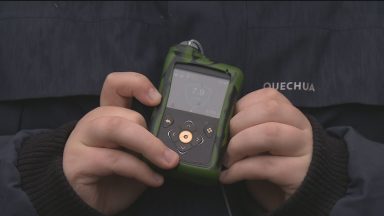Key Points
-
 A rapid cotside genetic test is being introduced in Scotland to identify babies at risk of antibiotic-related hearing loss.
A rapid cotside genetic test is being introduced in Scotland to identify babies at risk of antibiotic-related hearing loss. -
 The test delivers results in just 26 minutes, allowing clinicians to choose safer but equally effective treatments.
The test delivers results in just 26 minutes, allowing clinicians to choose safer but equally effective treatments. -
 Chloe Ellis supports the rollout after her daughter Evie lost part of her hearing following treatment with gentamicin as a newborn.
Chloe Ellis supports the rollout after her daughter Evie lost part of her hearing following treatment with gentamicin as a newborn. -
 Clinicians and health leaders say the test could prevent avoidable deafness, reduce hospital stays and ease pressure on services.
Clinicians and health leaders say the test could prevent avoidable deafness, reduce hospital stays and ease pressure on services. -
 The programme marks the UK’s first national rollout of this type of precision-medicine test for newborns.
The programme marks the UK’s first national rollout of this type of precision-medicine test for newborns.
Evie was just one day old when she was taken into intensive care after developing sepsis.
Two-and-a-half weeks later, when she failed a hearing test, her parents were told the emergency antibiotics that saved her life might also be the reason for her deafness.
Evie’s mum, Chloe Ellis, has now welcomed the introduction of a rapid cotside genetic test that could help protect the hearing of critically ill babies.
When babies show signs of serious infection, such as sepsis, doctors often prescribe an antibiotic called gentamicin. For most babies, it is safe and effective. However, for a small number who carry a specific genetic variant, it can cause permanent hearing loss.
The new point-of-care test, using a rapid cheek swab, is being rolled out in neonatal units across Scotland.
It aims to find out if a child carries a specific genetic variant in just 26 minutes, enabling clinicians to prescribe an equally effective alternative drug.
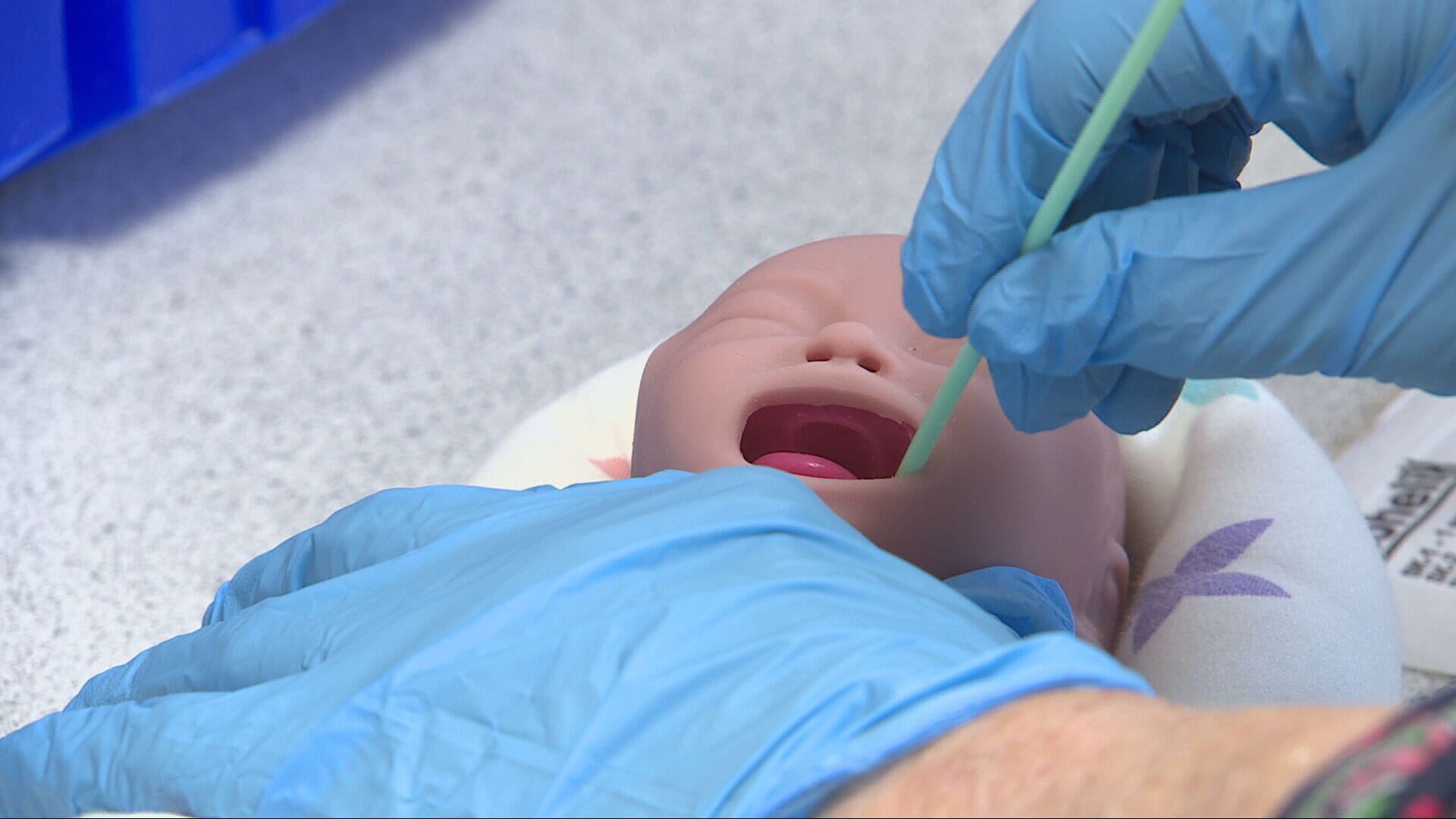 STV News
STV News“I think this new test is amazing, it will be absolutely groundbreaking for families,” Chloe told STV News.
“The not knowing if gentamicin is doing damage is really heartbreaking to be honest. It was a long slog for us so I feel like having this knowledge is going to be amazing for families.
“A rapid test is going to make a huge difference because with sepsis and meningitis, these are really life-threatening and you need to be quick.”
Evie, from Clydebank in West Dunbartonshire, was born at the height of the coronavirus pandemic in August 2020. She contracted sepsis at just one day old and was treated with gentamicin.
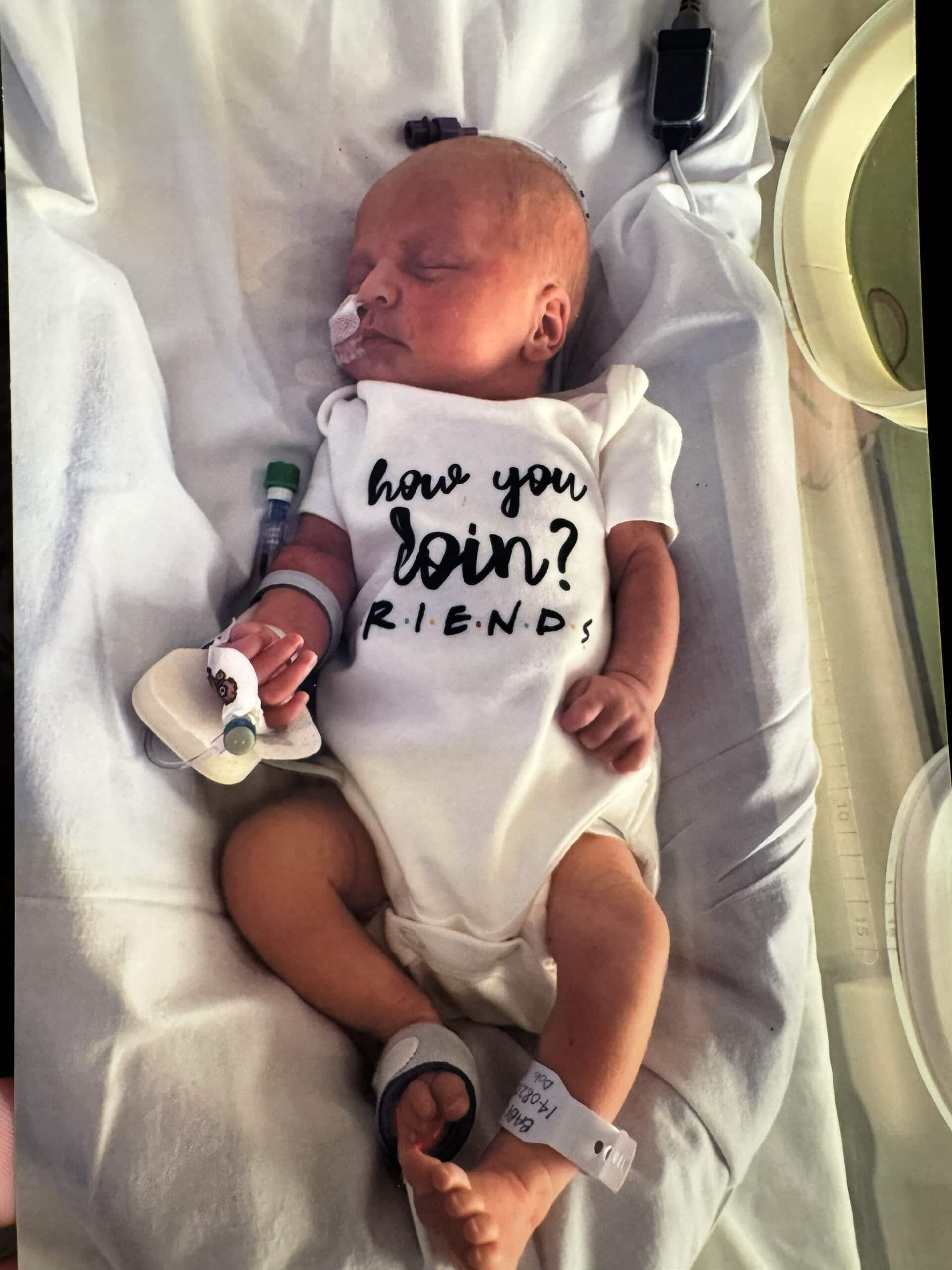 STV News
STV NewsAt two-and-a-half weeks old, she underwent her first hearing test and failed. She then failed a follow-up test, was referred to audiology, and failed a third.
“They put it down to the fact that she was on gentamicin when she was born,” said Chloe. “That was when we realised what a big thing it is and what it can do to these children.
“Up until then we had no idea. It is a medication that can save a life but at the same time, it has got lifelong complications if it goes wrong.
“At the time you’re purely just thinking do anything, do everything you can to save my baby.
“Absolutely, we would do it all over again in the sense that we have her but obviously she has been affected by it. Luckily, her hearing loss is not as severe as some other children’s, but she has lost part of her hearing which probably could have been prevented.”
It is hoped the new test will reduce hospital stays, ease pressure on services, and avoid the long-term costs associated with hearing loss.
Dr Helen McDevitt, clinical lead for neonatal pharmacogenomics programme at CfSD and consultant neonatologist with NHS Greater Glasgow and Clyde, said: “We are using this test frequently, almost every day. We have babies admitted every day who need antibiotics and who now get this test.
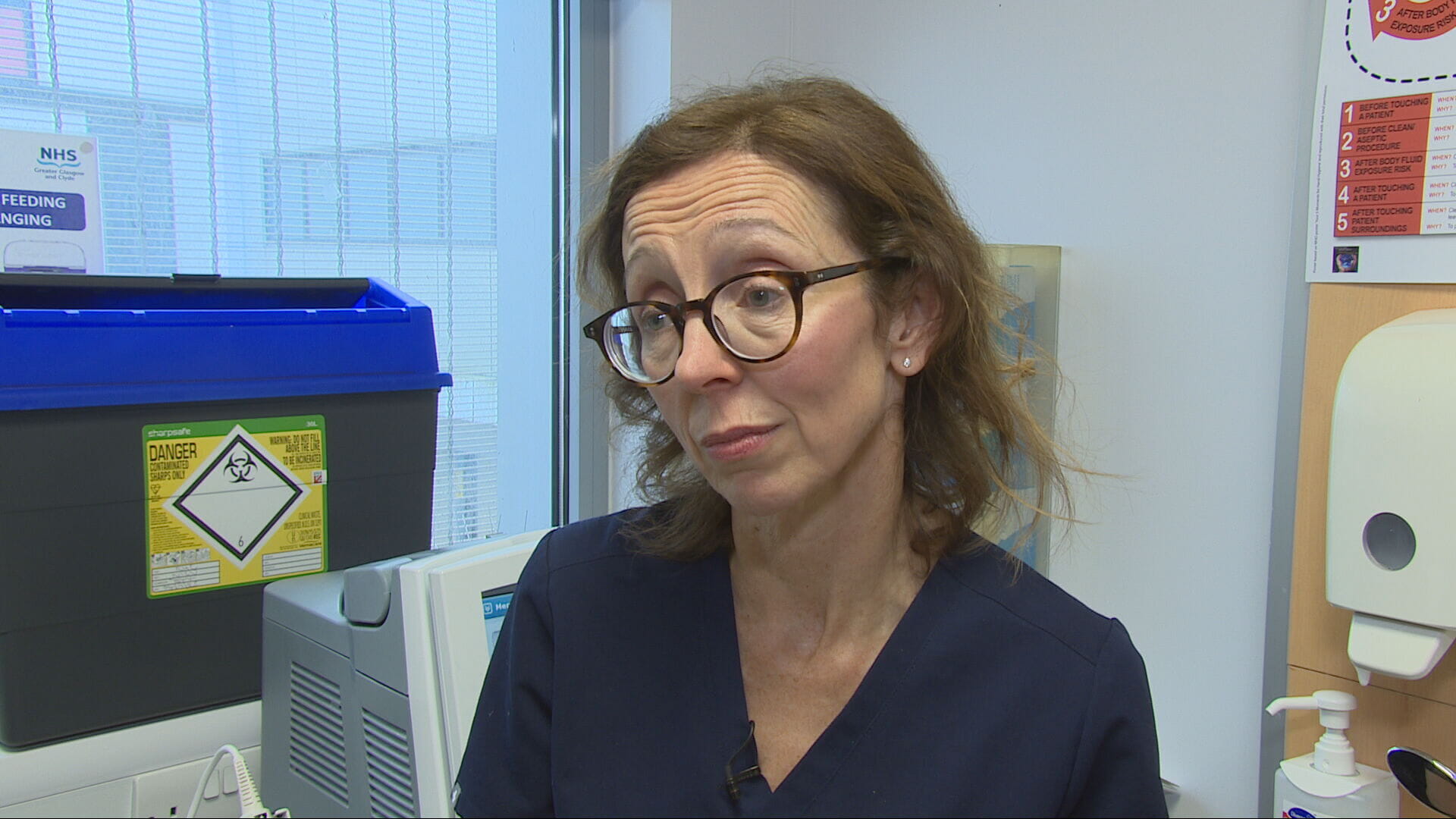 STV News
STV News“If babies are septic, they need antibiotics quickly to save their lives and anything that needs to go to a lab and come back can lead to delays. This test is really innovative.
“I think that one in 500 babies has this gene variant, so it is a very small number that could be susceptible to potential complications. Now with this test, it will be safe to treat every baby.”
The programme is being delivered through the Accelerated National Innovation Adoption (ANIA) pathway, led by the Centre for Sustainable Delivery (CfSD) at NHS Golden Jubilee, in partnership with the Scottish Government and other national boards.
Starting in NHS Greater Glasgow and Clyde from October 2025, a phased rollout to all NHS Scotland Health Boards with neonatal units will then occur over the coming months.
Ryan Cooper, point of care testing lead at National Services Scotland, said: “This simple and gentle test gives us the ability to protect babies from avoidable harm and hearing loss right from the very start of their lives.
“This aims to not only safeguard their quality of life but give their families and loved ones peace of mind.
“By identifying those at risk within minutes of birth, we can make safer treatment choices and give every child the best chance to grow, learn and thrive without the challenges that hearing loss can bring.”
Piloted and implemented in Manchester, this is the first national rollout of its kind in the UK and represents a major step forward in precision medicine.
Lois Drake, policy and campaigns officer for Scotland at the National Deaf Children’s Society, said: “We welcome the introduction of a rapid test for newborn babies to identify susceptibility to deafness caused by the antibiotic gentamicin.
“Up to now, the existing test has taken too long to be useful for babies requiring urgent treatment, but a rapid test will enable effective intervention.
“We’re talking on this occasion about children who are born with hearing and it’s only natural that their families would want to prevent them losing that. We therefore support this important development.
“The National Deaf Children’s Society firmly believes that, with the right support from the start, nothing should hold deaf children back from leading happy and fulfilled lives.”
Follow STV News on WhatsApp
Scan the QR code on your mobile device for all the latest news from around the country


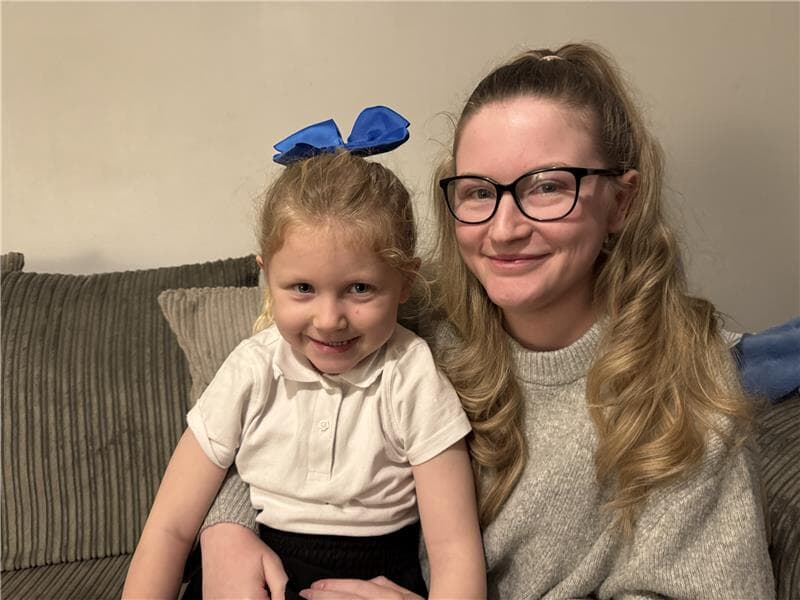 STV News
STV News

